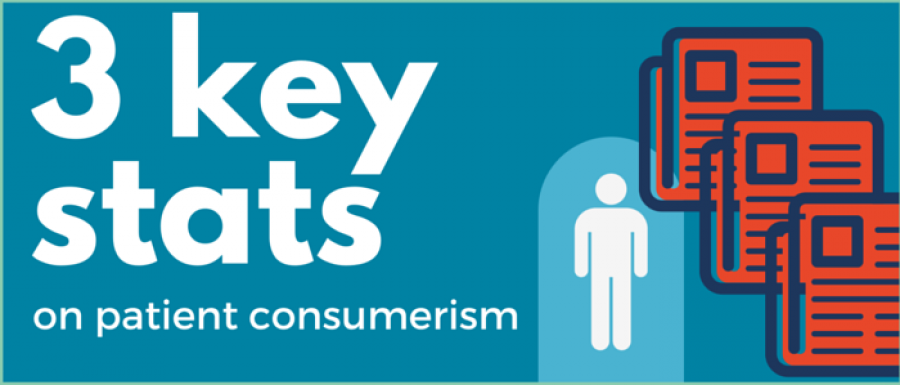
The most striking change to collecting healthcare payments in recent years is the increasing complexity. Historically, insurance payers paid the majority of most medical bills. However, after the rollout of the Affordable Care Act, people are paying more out of pocket. Patient collections is a much different process than collecting from insurance payers, and collecting from multiple sources means more complications in securing payment from all angles.
About 74 percent of providers report an increase in the patient responsibility of medical bills in 2015. This has been the trend for quite some time (insurance deductibles are up 255% since 2006) and shows no signs of de-escalating (more people are on high-deductible healthcare plans or covering their own costs year over year).
Though it’s more important than ever before, many small providers have trouble collecting from patients. Because of the implicit cost and overhead in pursuing unpaid medical debts from patients, providers only expect to collect 50-70% of what is actually billed.
Learn more on collecting better – The State of Patient Payments
Losing ½ to ⅓ of total revenue due to nonpayment is unpalatable in most of the business world, and healthcare should be no exception. It’s an especially troubling loss when patients report they are willing to pay for healthcare: A study by McKesson revealed that 90 percent of consumers say they are willing to pay yearly out-of-pocket medical expenses up to $500, while 74 percent would double that to $1000 per year.
What this combination of patient willingness to pay and provider failure to collect reveals is that practices aren’t maximizing their chances to collect. This could be due to a number of reasons — administrative inefficiency, a process too complicated for patients to follow, a lack of time to hound patients into paying past due bills, and a host of other potential factors. Perhaps the most heinous of these is simply not following up; since that’s a matter of time, effort and persistence, it’s like refusing free money because it takes a bit of work to secure it.
For smaller medical providers juggling priorities and handling several concurrent tasks, medical billing is too rigorous of a process for adequate attention. If you’re providing care, you likely won’t have the time to be filing paperwork or following up on bills with persistent calls, emails and other outreach efforts.
Need help collecting? Drop us a line.
If you don’t have the in-house resources to expend the effort necessary for more effective patient collections, consider teaming up with a collections partner that will handle the difficult elements of the process on your behalf. Outsourcing parts of the payment collection process can be a great way to see more of the patient responsibility and meet your financial goals.


